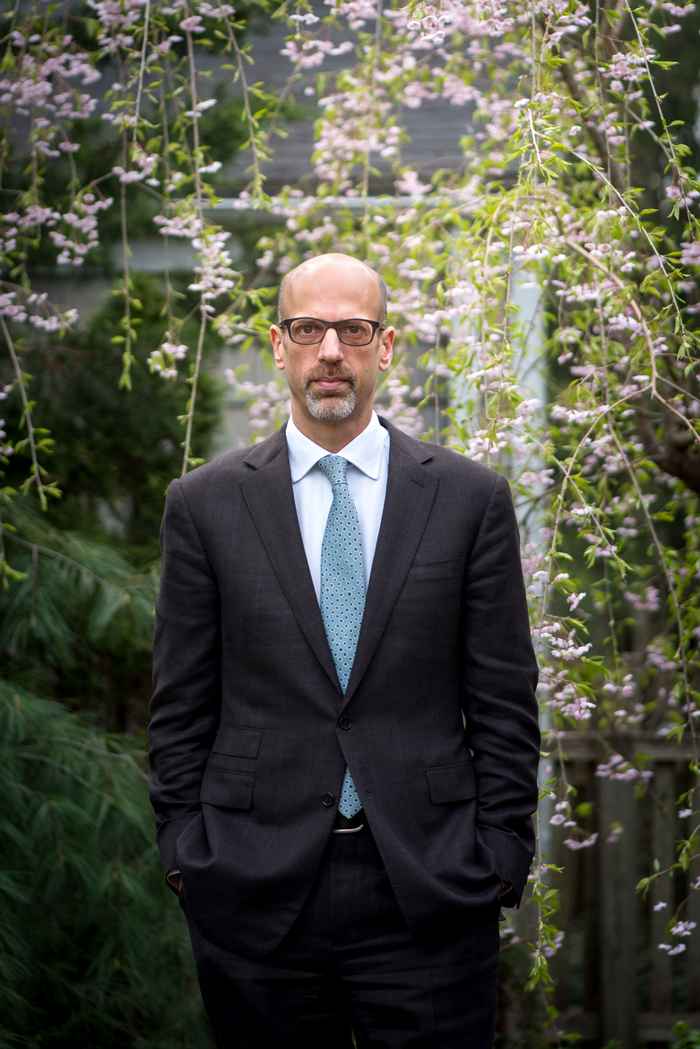ACLE Seminar: Daniel Markovits (Yale Law School)
A New View of Remedies in Private Law
- Date
- 27 May 2025
- Time
- 13:00 -14:15
- Location
- Roeterseilandcampus - building A
- Room
- A3.01 and online (see below)

Abstract
Private law—contract, property, and tort—faces a choice between two appealing but apparently incompatible approaches to remedies. On the one hand remedies redress wrongs. This underwrites a formal imperative that remedies should vindicate the rights that the wrongs have violated. On the other hand, remedies influence how people treat one another concerning their rights, establishing incentives to respect rights and affecting the relationship between the parties following a wrong. Remedies are powerful policy tools, and this underwrites a functionalist imperative to use remedies to promote the common good, including both welfare and freedom.
Sometimes—in fact, often—these two imperatives appear to conflict, as the narrow precision required to vindicate rights seems to eliminate the flexibility required for making good policy. The current state of private law—both in practice and in theory—is therefore trapped in a remedial dilemma. Although private law is centuries old, it remains deeply conflicted over which approach to follow. Both judges and scholars remain ensnared in the remedial dilemma, unable to reconcile the demands of form and function, to choose between vindicating, or V-remedies, and policy-based, or P-remedies. Indeed, both scholarly writings and judicial opinions typically do not acknowledge, and often fail even to recognize, the dilemma in which they are trapped: that to choose one remedy is to reject the other.
The choice between V-remedies and P-remedies is broader and deeper than the more familiar choice between property rules and liability rules. It is more fundamental, in the sense that courts and theorists must first commit to V-remedies or to P-remedies before they can reason intelligibly about whether and when to deploy property rules or liability rules. Neither V-remedies nor P-remedies have categorical preferences between property rules and liability rules, but the V-or-P choice will determine which considerations are admissible in making the more familiar choice and therefore whether property rules or liability rules should be deployed in particular cases.
The choice between V-remedies and P-remedies is also more fraught. Courts and scholars who disagree about whether property rules or liability rules are best in a particular case typically agree about the benefits and costs of each choice and differ only concerning the balance between them. By contrast, courts and scholars committed to V- and P-remedies typically each deny the values that motivate the other camp and flatly ignore the arguments that the other camp advances. The conventional choice between property rules and liability rules depends on the balance of consequences involving a shared set of considerations; the choice between V-remedies and P-remedies invites a clash of legal world-views.
We elaborate, explain, and attempt to dissolve the remedial dilemma. We lay out the basic cases for V-remedies and for P-remedies, respectively, in both doctrine and theory. We reveal that both courts and scholars have, heretofore, single-mindedly embraced one account of remedies, while neglecting the other. We argue that this parochialism renders existing approaches to private law remedies unsatisfactory. Next, we outline a synthesis that we believe dissolves the remedial dilemma. We also introduce some basic economic ideas that our framework invites but that the conventional analysis of private law remedies neglects. Finally, we use these economic ideas to develop our synthesis of V- and P-remedies across a range of doctrines, especially in contract and property and also, although less thoroughgoingly, in tort.
Practicalities
This event will be a hybrid event. The seminar will take place in Roeterseiland campus (REC) building A, room number A3.01, and will also be streamed online via Zoom.
About the speaker
Daniel Markovits is the Guido Calabresi Professor of Law at Yale Law School and the Founding Director of the Center for the Study of Private Law. Markovits publishes widely and in a range of disciplines, including law, philosophy, and economics. His writings have appeared in Science, The American Economic Review, The Yale Law Journal, The Stanford Encyclopedia of Philosophy, The New York Times, The Washington Post, Time, and The Atlantic. In 2021, Prospect Magazine named him to its list of the world’s top 50 thinkers.
His last book, The Meritocracy Trap (Penguin Press, 2019), develops a sustained attack on American meritocracy. He is also working on a new book, tentatively called The Good Life after the Age of Growth.
About ACLE
The Amsterdam Center for Law and Economics (ACLE) is a joint initiative of the Faculty of Economics and Business and the Faculty of Law at the University of Amsterdam. The objective of the ACLE is to promote high-quality interdisciplinary research at the intersection between law and economics.